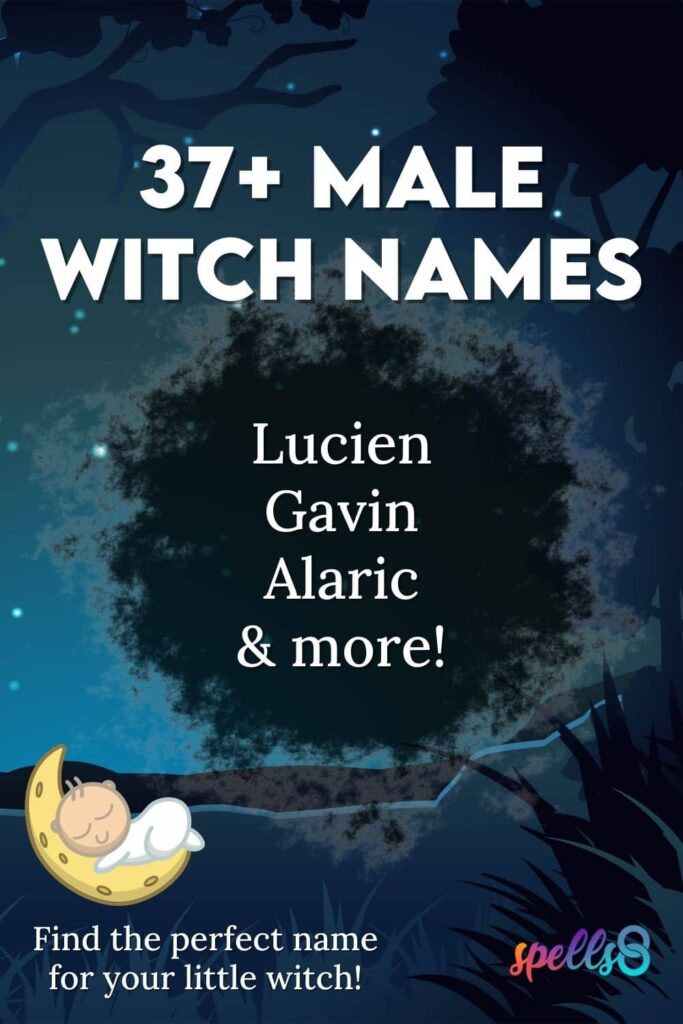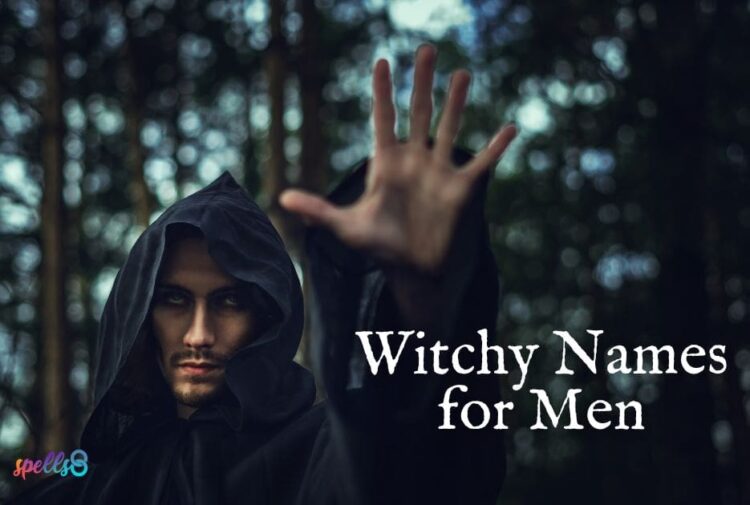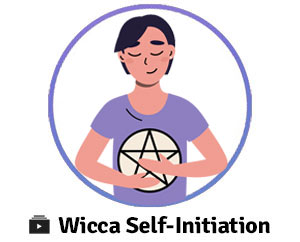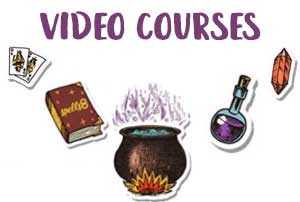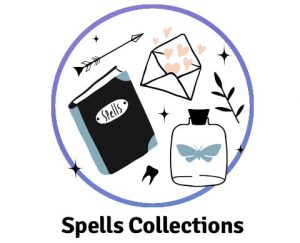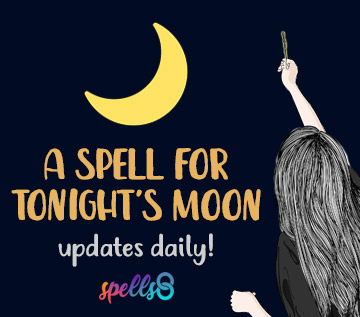Names are powerful things because they have the ability to shape our perceptions of people, things, and even ideas. Names can also be used as a form of power and control, such as when people change their name to create a new identity, or when those in positions of authority use their power to name and label others.
Overall, names can carry a lot of weight and significance, and they can have a powerful impact on the way we view ourselves and others.
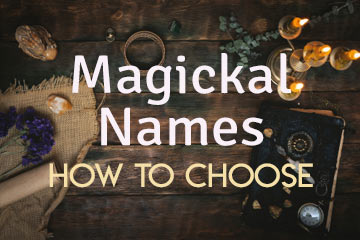
What are good male witch names?
Here are just a few examples of male witch names that you might consider. Ultimately, the name you choose should reflect your own personal connection to magick and the spiritual world. It’s important to choose a name that feels right for you and resonates with your unique magickal path, rather than simply choosing a name based on its meaning or origin.
Merlin: This name is often associated with the legendary wizard of Arthurian legend, who is said to have possessed great magickal powers.
Alaric: This name is derived from the Old Germanic name “Alarik,” which means “ruler of all.” It has been associated with both pagan and magickal traditions.
Ambrose: This name is derived from the Greek word “ambrosios,” which means “immortal” or “divine.” It is a popular name among witches and mystics.
Cernunnos: This name comes from the Celtic god of the forest, who is associated with fertility, abundance, and the cycles of life and death.
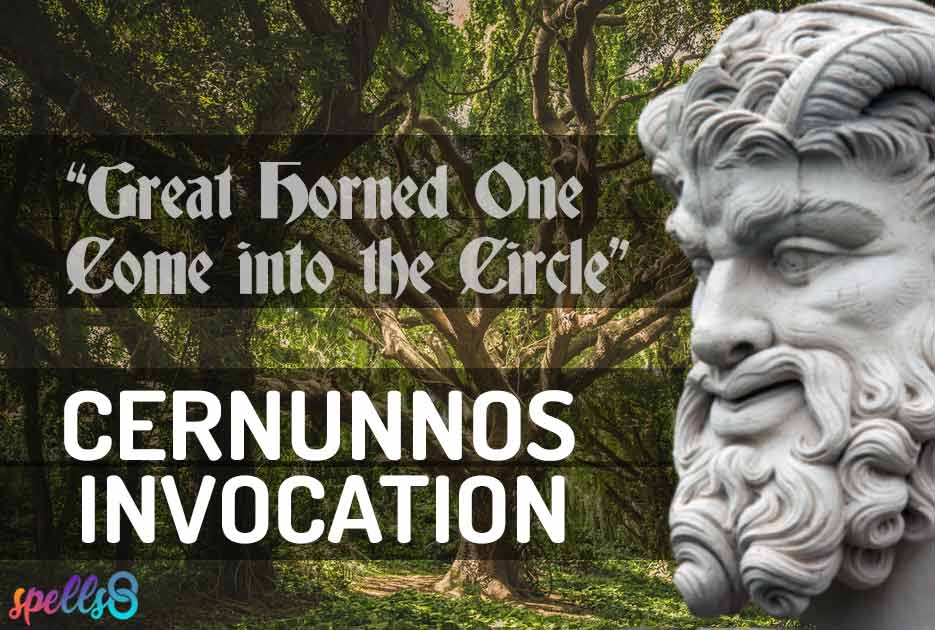
Oberon: This name is often associated with the fairy king in Shakespeare’s “A Midsummer Night’s Dream,” and has since been used as a name for male witches and magickal beings.
Thorne: This name is derived from the Old English word “thorn,” which refers to the thorn bush or tree. It is a popular name among witches who work with earth and nature magick.
Uriel: This name comes from Hebrew tradition and means “God is my light.” It is a powerful name for male witches who work with angelic or divine energies.
Aiden: This name is of Irish origin and means “fiery one.” It has been associated with magick and witchcraft in modern times, particularly with the popularity of the TV show “Charmed.”
Darian: This name is of Persian origin and means “upholder of goodness.” It is a powerful name for male witches who seek to bring light and positivity into the world.
Emeric: This name is derived from the Germanic name “Amalric,” which means “work-ruler.” It has been associated with magick and sorcery in European folklore.
Gavin: This name is of Welsh origin and means “white hawk.” It has been associated with magick and the supernatural in modern times, particularly in popular culture.
Lucien: This name is derived from the Latin name “Lucianus,” which means “light.” It is a popular name among male witches and mystics who work with the energies of the sun and fire.
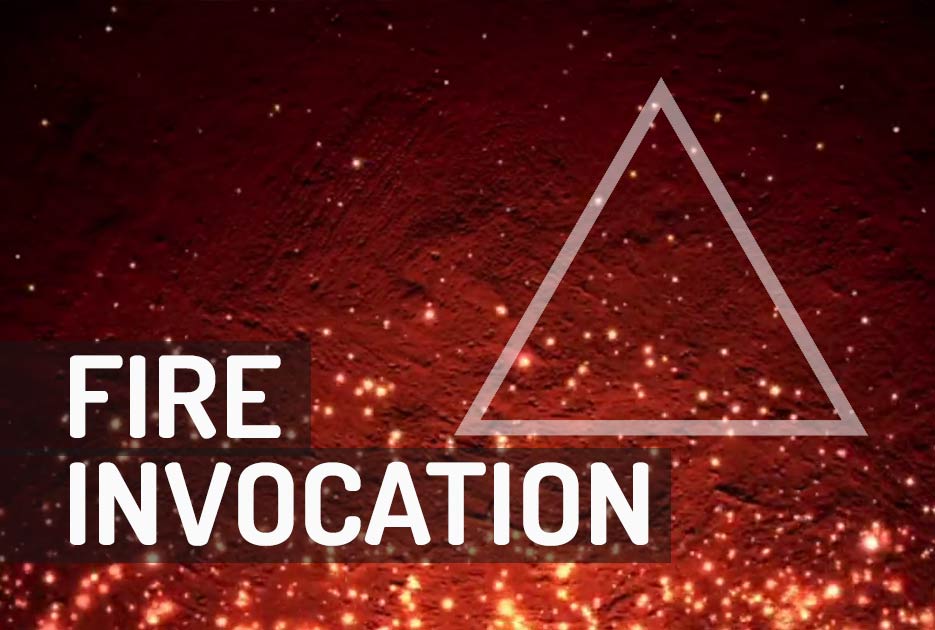
Phoenix: This name is of Greek origin and refers to the mythological bird that is reborn from its own ashes. It is a powerful name for male witches who seek transformation and renewal.
Rune: This name is derived from the Nordic runic alphabet, which was used for divination and magick in ancient times. It is a popular name among male witches who work with Norse or Celtic traditions.
Bram: This name is of Irish origin and means “raven.” It is a popular name among male witches who work with animal magick and the energies of the natural world.
Dax: This name is of French origin and means “leader.” It is a powerful name for male witches who seek to lead and inspire others on their magickal path.
Galen: This name is of Greek origin and means “calm” or “healer.” It is a popular name among male witches who work with natural remedies and alternative healing.
Hawthorn: This name is derived from the thorny shrub of the same name, which has long been associated with magick and protection. It is a powerful name for male witches who seek to protect and defend themselves and their loved ones.
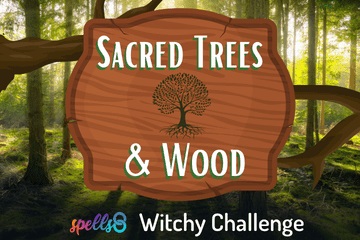
Jasper: This name is of Persian origin and means “treasurer.” It is a popular name among male witches who work with the energies of abundance and prosperity.
Orion: This name is derived from Greek mythology and refers to the hunter Orion, who was known for his strength and courage. It is a powerful name for male witches who seek to embody these qualities in their magickal practice.
Sylvan: This name is derived from the Latin word “silva,” which means “forest.” It is a popular name among male witches who work with earth and nature magick, particularly in the context of the forest and its inhabitants.
What is a power name?
A “power name” is a name that is believed to have a special significance or meaning, often associated with strength, success, or other positive attributes. The idea behind a power name is that the name can have an influence on the person who bears it, and can help to shape their character or destiny in a positive way.
The concept of a power name can be found in various cultures and traditions throughout history, often associated with spiritual or mystical beliefs. For example, in some Native American cultures, a person’s name might be chosen based on their unique qualities or experiences, and may be changed throughout their life as they grow and change. In many Asian cultures, a person’s name may be chosen based on its meaning and significance, with the belief that the name can influence their fate and success.
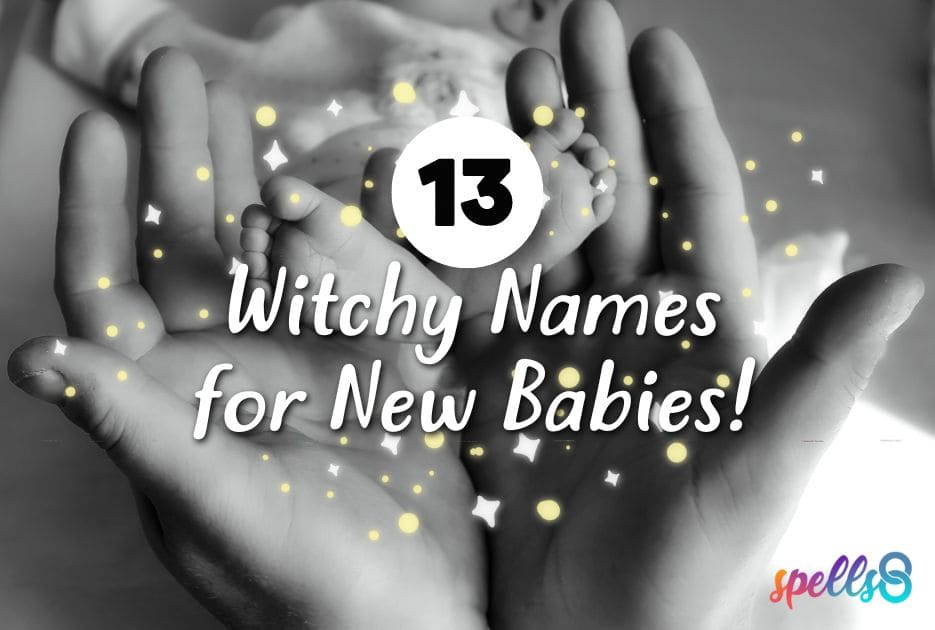
While the concept of a power name may be subjective and not scientifically proven, many people believe that the name they are given can have a significant impact on their life and personality, and may choose names for their children based on this belief.
What are the most powerful male names?
It’s difficult to say what the most powerful male name is, as the perception of power can vary greatly depending on cultural context and individual beliefs. Different names can carry different connotations and meanings in different languages and cultures, and what one person considers powerful might not be the same for someone else.
That being said, some names that are often associated with strength, leadership, and power in English-speaking cultures include:
Alexander: A name that signifies strength, leadership, and intelligence, often associated with the famous conqueror Alexander the Great.
Maximus: A Latin name meaning “greatest,” often associated with strength and power, popularized by the character Maximus in the movie “Gladiator.”
Titan: A name that represents strength, power, and immense size, often associated with the Titans of Greek mythology.
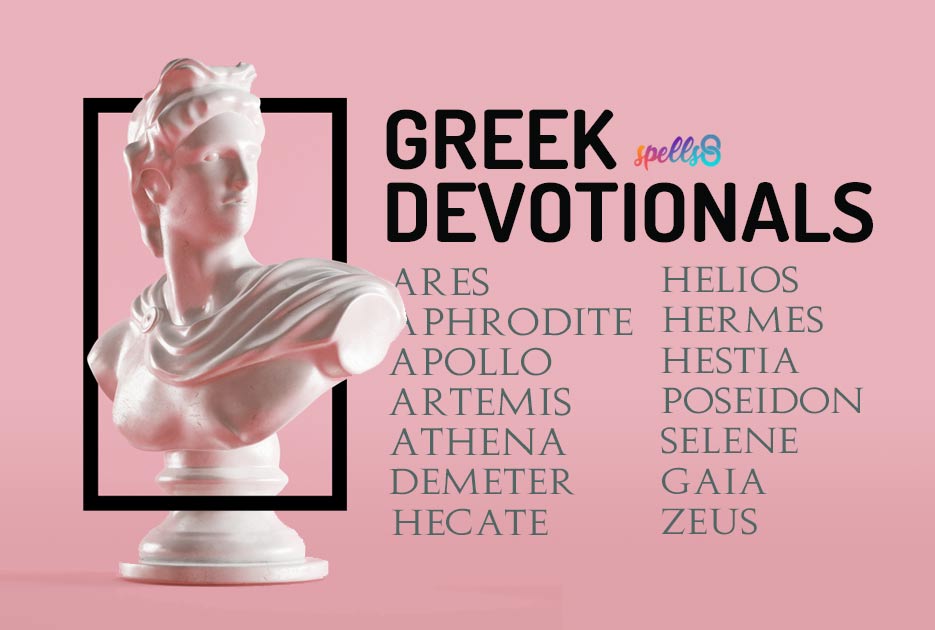
Thor: A name that signifies strength, courage, and protection, often associated with the Norse god of thunder and strength.
Hercules: A name that represents great physical strength, courage, and heroism, often associated with the mythological hero of the same name.
Atticus: A name that signifies intelligence, wisdom, and integrity, popularized by the character Atticus Finch in the novel “To Kill a Mockingbird.”
Caesar: A name that represents strength, leadership, and power, often associated with the Roman emperor Julius Caesar.
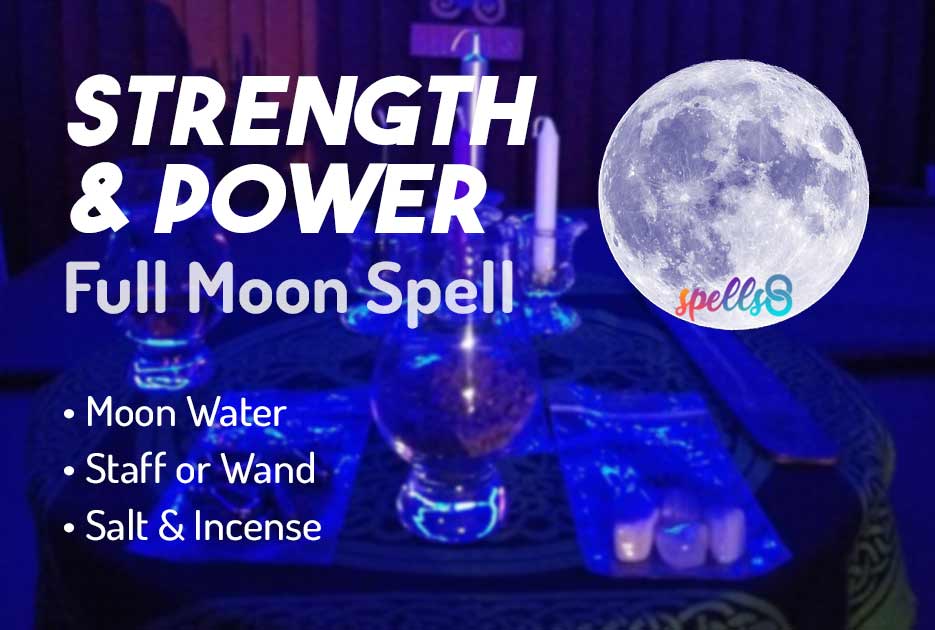
Augustus: A name that signifies majesty, grandeur, and leadership, often associated with the first Roman emperor, Augustus.
Apollo: A name that represents artistic and intellectual pursuits, as well as physical strength, often associated with the Greek god of the sun, music, and prophecy.
Zeus: A name that signifies power, authority, and leadership, often associated with the king of the gods in Greek mythology.
Again, it’s important to remember that the perceived power of a name is subjective and can vary greatly depending on cultural and personal contexts. What might be seen as a powerful name in one culture may not have the same connotations in another.
Male Witches FAQ
Can a male be a witch?
Yes, a male can be a witch. The term “witch” refers to a person who practices witchcraft, which is a spiritual or magickal practice that can be practiced by individuals of any gender. In fact, the term “witch” is often used in a gender-neutral sense in many modern pagan and Wiccan communities.
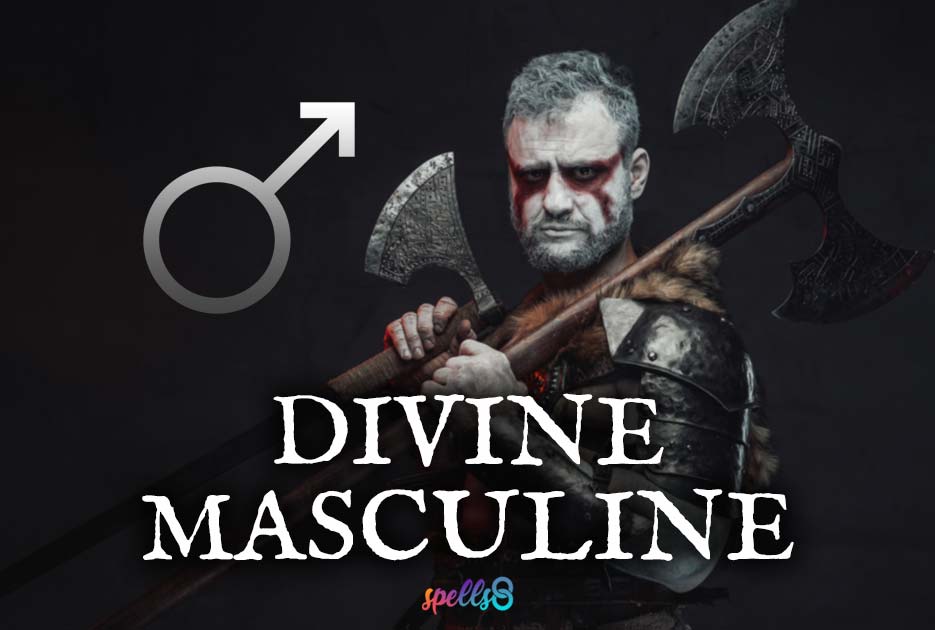
Historically, there have been male practitioners of witchcraft, such as the cunning folk and wise men of Europe, who were believed to have special magickal powers and were often consulted by people seeking their help with various issues. In modern times, there are many male witches who practice various forms of witchcraft and paganism, and they are often referred to as witches, warlocks, wizards, or other terms depending on their particular practice.
Is a male witch a “warlock”?
The term “warlock” historically referred to a man who practiced witchcraft or magick, and is sometimes translated to mean “oathbreaker” or “traitor“. In modern usage, the term “warlock” is not commonly used as many practitioners of witchcraft do not use gendered terms to describe themselves.
It’s important to note that the term “warlock” has a complex and often negative history, and is not widely used or accepted in modern religion, particularly in pagan or witchcraft traditions. Instead, many modern practitioners of magick and witchcraft prefer to use terms like “witch,” “magician,” or “practitioner” to describe themselves and their practice.
See also: Life and Legacy of Raymond Buckland
Are Warlocks evil?
No, warlocks are not inherently evil. The term “warlock” historically referred to a male practitioner of witchcraft, and like all people, male witches have the capacity to make choices that can be good or bad. In general, the idea that any one group of people is inherently evil or immoral is a harmful and inaccurate stereotype that has been used to justify persecution and discrimination.
Many contemporary practitioners of witchcraft and magick, both male and female, believe in using their skills to promote positivity, personal growth, and connection to nature and spiritual forces. While there may be some individuals or groups who use the label of “warlock” or “witch” to promote harmful or destructive actions, this is not representative of the wider community of modern practitioners of magick.
Pin it!
